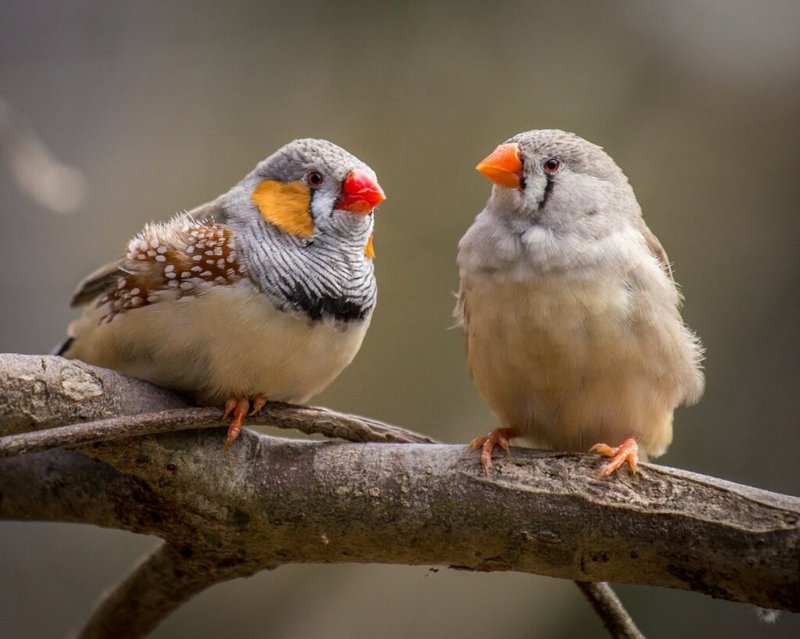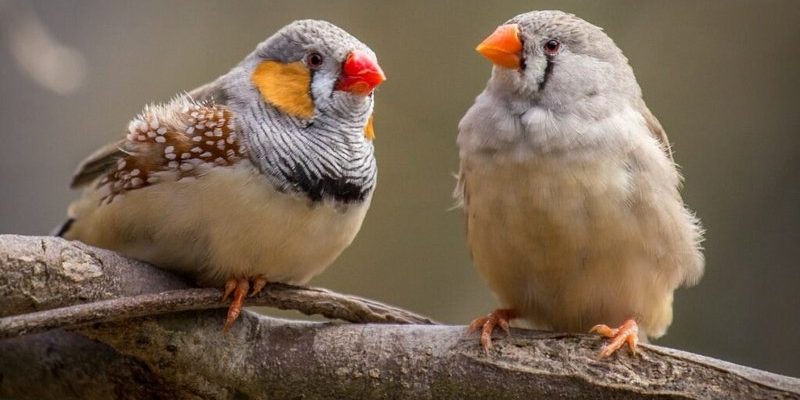
Think of finches as tiny bundles of joy. Just like any other pet, their lifespan depends on several factors, including species, diet, environment, and care. Generally, finches can live anywhere from five to ten years in captivity, but some may even exceed that with the right conditions. In this guide, let’s dive deeper into the lifespan of finches and explore what you can do to ensure they live long, happy lives in your care.
Understanding Finch Lifespan
Finches are a diverse group of birds. Ranging from zebras to society finches, each species has its own quirks and requirements. The average lifespan of these feathered friends varies. For instance, zebra finches tend to live around five to seven years, while society finches can live up to ten years or more with proper care.
What influences their longevity? Genetics plays a significant role. Just like humans, some finches may have inherited traits that contribute to a longer lifespan. Before getting a finch, it’s smart to research the specific species you’re interested in, as lifespan can differ significantly among them.
The Role of Diet in Finch Longevity
You might be wondering how what finches eat affects their lifespan. A balanced diet is crucial for finches to thrive. These small birds naturally enjoy seeds, but they also need fresh fruits and vegetables to round out their meals. A diet lacking in essential nutrients can lead to health issues over time.
Here’s a quick list of what to feed your finch:
- High-quality seed mixes
- Fresh greens like spinach and kale
- Fruits such as apples and berries
- Occasional protein sources like boiled eggs or mealworms
It’s important to avoid foods that are toxic to birds, such as avocados, caffeine, or chocolate. A varied diet helps keep finches healthy and boosts their chances of living longer.
Environment and Habitat for Healthy Finches
Just like people, finches thrive in a comfortable environment. They need a spacious cage that allows them to fly, as well as toys to keep them stimulated. If your finches are cramped or bored, they might not be as active, which can shorten their lifespan.
Here are some tips for creating a welcoming home for your finches:
- Choose a cage that’s at least 24 inches wide with horizontal bars for climbing.
- Provide perches at various heights for exercise.
- Add toys that encourage play and stimulation.
- Keep their living space clean to avoid disease.
Remember, a happy finch is a healthy finch. Providing a fun and safe habitat can contribute significantly to their longevity.
Health Care and Regular Check-ups
Regular health check-ups are essential for keeping your finches in top shape. Birds often hide their illnesses until it’s quite advanced, so routine visits to an avian vet can help catch any potential issues early.
Here’s what you should keep in mind:
- Monitor their behavior; changes can indicate health problems.
- Watch for signs of illness, such as lethargy or unusual droppings.
- Schedule annual check-ups with an avian vet.
By being proactive about their health, you can make a real difference in how long your finches live and how well they feel throughout their lives.
Social Needs of Finches
Finches are social birds and thrive in the company of their own kind. Keeping them alone can lead to loneliness and depression, which can negatively impact their well-being. You might find that pairing finches or keeping them in small groups helps them feel more secure and content.
When introducing new finches, it’s essential to do it gradually to avoid territorial disputes. Here are some tips for socializing finches:
- Introduce new birds slowly and in a separate space.
- Observe how they interact before making any permanent changes.
- Consider housing same-species finches together for better compatibility.
A social environment can promote healthier finches and contribute to a longer lifespan.
Common Misconceptions About Finch Lifespan
You might hear various myths regarding how long finches live. One common misconception is that finches only live for a year or two in captivity. While they can live shorter lives if not cared for properly, with the right attention, they can reach the ages previously mentioned.
Another myth is that finches don’t need much attention. In reality, they require daily interaction, mental stimulation, and proper diet to reach their full potential lifespan. Just like any pet, investing time and love in your finches pays off in the long run.
So, how long do finches live in captivity? On average, they can enjoy five to ten years or even longer, depending on how well you care for them. A balanced diet, a stimulating environment, regular vet visits, and social interaction all contribute to a long and happy life for your feathered friends.
By understanding their needs and providing them with the best possible care, you’re not just giving them a home—you’re giving them a vibrant life filled with joy and song. Remember, the more you learn about finch care, the more rewarding your journey will be with these delightful little creatures. Happy bird-keeping!

